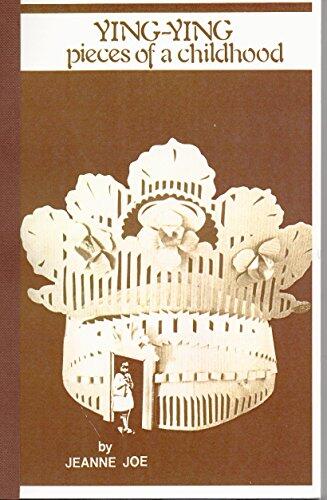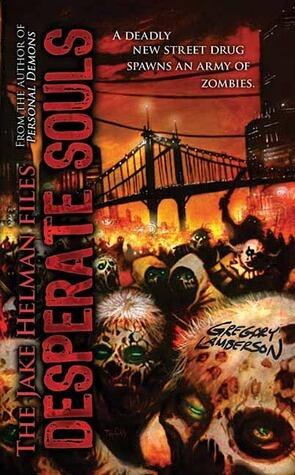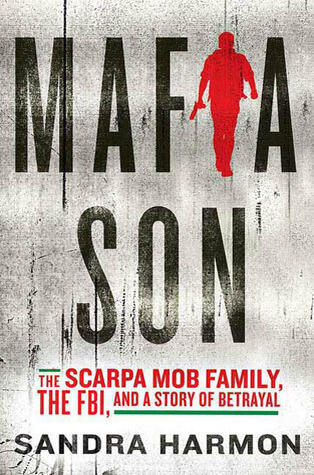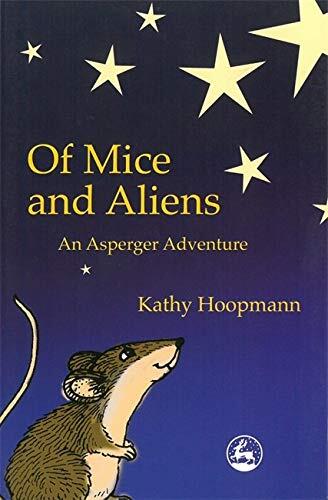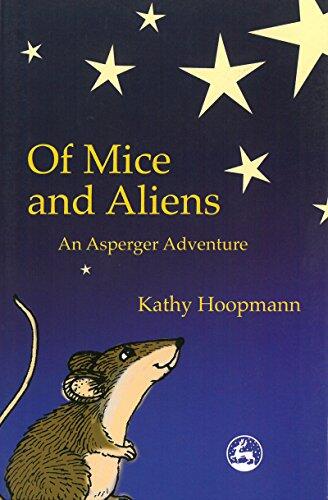
Hidden Victims: The Effects of the Death Penalty on Families of the Accused
작성자
Susan F. Sharp
아직 평점이 없습니다
Mystery
Children’s
형식
페이퍼백
페이지
248
언어
영어
출판됨
Jun 8, 2005
출판사
Rutgers University Press
판
1
ISBN-10
0813535840
ISBN-13
9780813535845
설명
In examining the often-overlooked consequences of the death penalty, this book delves deeply into the emotional and psychological toll faced by families of the convicted. Susan F. Sharp challenges readers to confront the human side of capital punishment, illustrating that the ramifications extend far beyond the courtroom. By shedding light on the experiences of those connected to the accused, she highlights a narrative frequently obscured in discussions centered on guilt, justice, and retribution.
Sharp's exploration reveals the profound grief, stigma, and societal alienation that accompany a loved one’s conviction. Family members navigate a complex web of emotions, oscillating between loyalty and fear while dealing with public scorn and personal devastation. The author skillfully conveys their stories, allowing readers to empathize with the hidden victims of a system that is often perceived as solely punitive.
Through meticulous research and compelling personal accounts, the book invites a deeper consideration of the broader implications of the death penalty. It asks important questions about morality, ethics, and the value placed on human life, pushing readers to reflect on how justice is served within society.
Offering an essential critique of capital punishment, this work serves as both an academic inquiry and a heartfelt plea for compassion and understanding. It's a crucial contribution to the ongoing conversation on crime and society, pushing readers to recognize the far-reaching consequences of judicial decisions.
Sharp's exploration reveals the profound grief, stigma, and societal alienation that accompany a loved one’s conviction. Family members navigate a complex web of emotions, oscillating between loyalty and fear while dealing with public scorn and personal devastation. The author skillfully conveys their stories, allowing readers to empathize with the hidden victims of a system that is often perceived as solely punitive.
Through meticulous research and compelling personal accounts, the book invites a deeper consideration of the broader implications of the death penalty. It asks important questions about morality, ethics, and the value placed on human life, pushing readers to reflect on how justice is served within society.
Offering an essential critique of capital punishment, this work serves as both an academic inquiry and a heartfelt plea for compassion and understanding. It's a crucial contribution to the ongoing conversation on crime and society, pushing readers to recognize the far-reaching consequences of judicial decisions.

